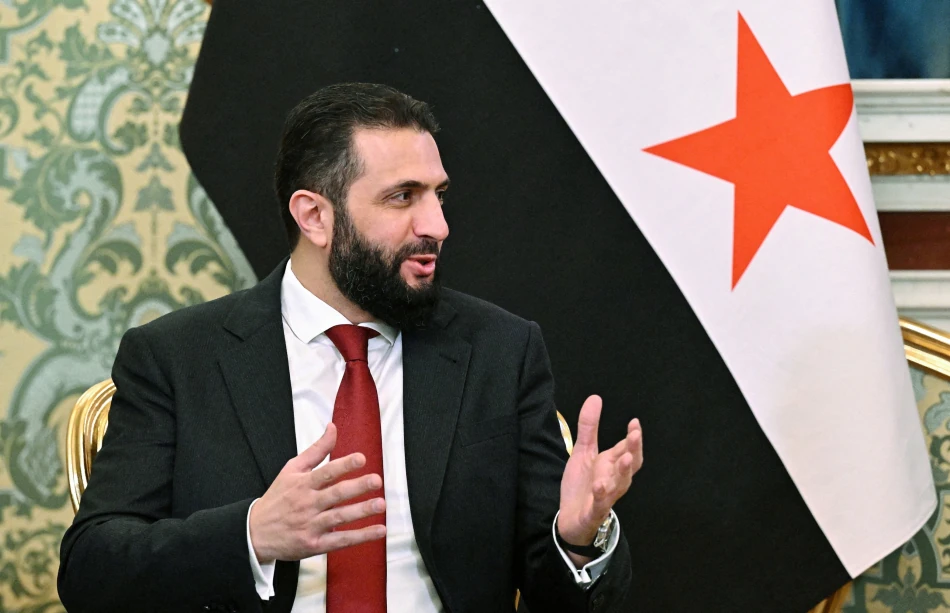
UK Lifts Sanctions on Sharia Law, EU Pledges Reciprocal Action
Britain lifted sanctions on Syrian President Ahmed al-Sharaa on Friday, following a similar UN Security Council decision. The move comes just before al-Sharaa's scheduled meeting with US President Donald Trump next week, while the European Union confirmed it will take the same step.
Britain announced the decision through a notice on its government website, also removing sanctions from Syrian Interior Minister Anas Khattab. Both officials had been under financial restrictions originally targeting ISIS and Al-Qaeda organizations.
An EU spokesperson said Friday that the UN decision would be reflected in the bloc's own measures. This continues a pattern of easing restrictions that began earlier this year - Britain lifted some Syrian sanctions in April, while the EU removed its economic sanctions in May. But weapons and security-related restrictions remain in place.
The timing matters for Syria's international standing. Al-Sharaa's upcoming meeting with Trump signals potential shifts in US-Syria relations, and these sanction removals could smooth diplomatic discussions. For Syria's economy, the gradual lifting of financial restrictions opens doors to international banking and trade that have been blocked for years.
But here's what's still missing - the weapons embargo stays. This shows Western nations are taking a careful approach, easing economic pressure while keeping security controls active. It's a middle ground that allows for diplomatic progress without fully normalizing military relationships.
A European Commission spokesperson emphasized the bloc's commitment to supporting "a peaceful and comprehensive Syrian-led transition process to help build a better future for all Syrians." The language suggests Europe sees these moves as part of a broader strategy to encourage political change rather than simply rewarding current leadership.
Most Viewed News

 Sara Khaled
Sara Khaled






